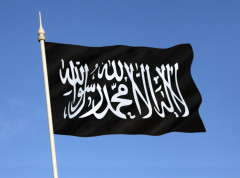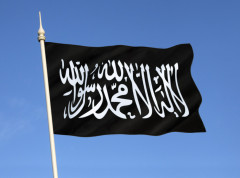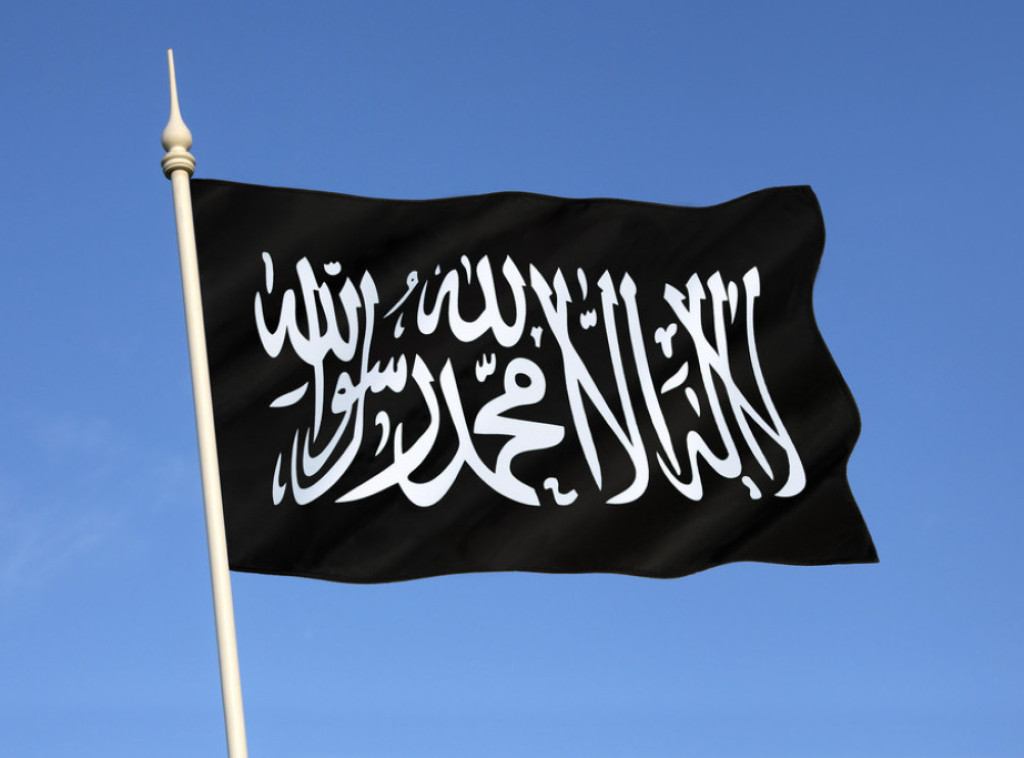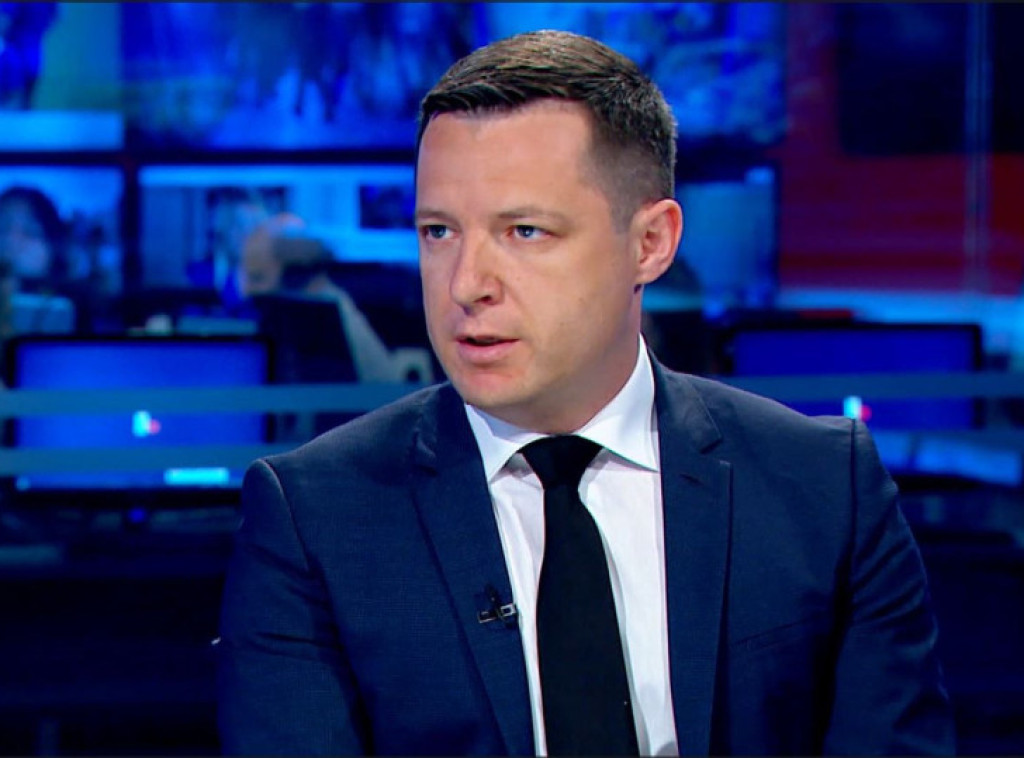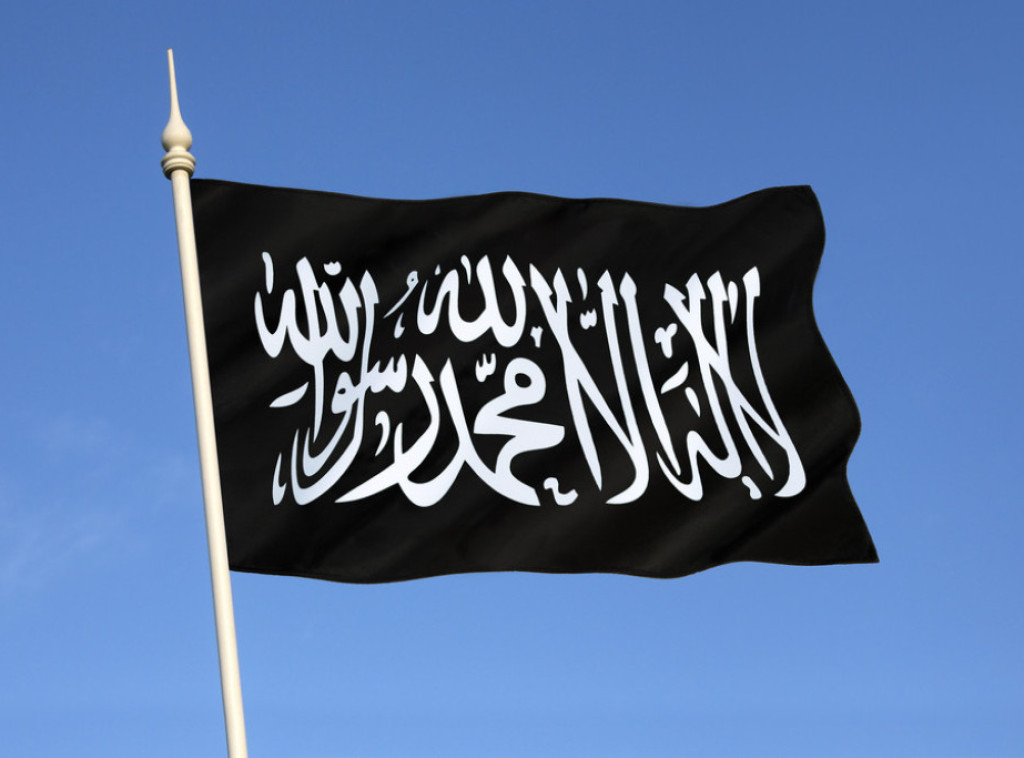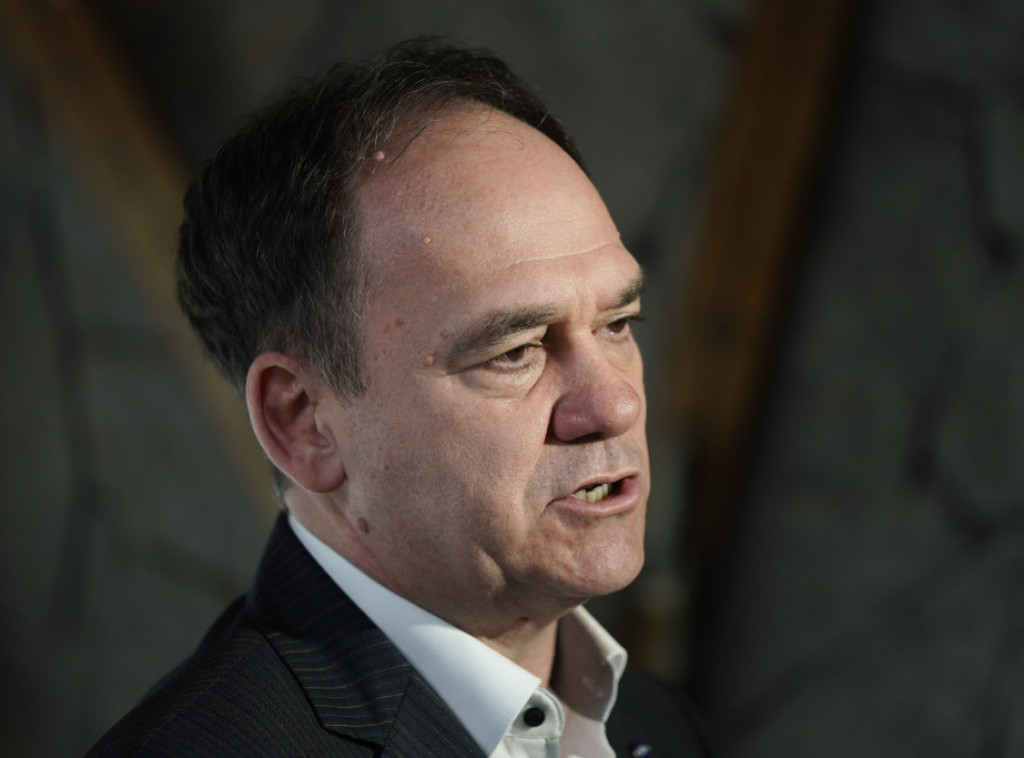The leader of the Yemeni branch of the terrorist group Al-Qaeda, Sad bin Atef Alavlaki, has issued threats against US President Donald Trump and billionaire Elon Musk over the Israeli war in the Gaza Strip. In his first video message since taking leadership last year, he called for the assassination of leaders of Egypt, Jordan, and the Gulf Arab states. The video features images of Trump, Musk, and other US officials. Meanwhile, former Trump advisor Steve Bannon stated that Trump should take control of Musk’s company SpaceX and deport Elon Musk, using the Defense Production Act, citing security concerns. These statements highlight tensions and controversies related to the role of the US and individuals in Middle Eastern conflicts.
Political Perspectives:
Left: Left-leaning outlets emphasize the geopolitical implications of the Gaza conflict and criticize the US government’s involvement and support for Israel. They highlight the threats from Al-Qaeda as part of the broader consequences of US foreign policy and stress the need for peaceful resolutions. The criticism of Elon Musk and Trump is framed within concerns about militarization and corporate influence in defense.
Center: Centrist sources report the facts of the threats and the statements by Steve Bannon without strong editorializing. They focus on the security concerns raised by the Yemeni Al-Qaeda branch and the political controversy surrounding Elon Musk’s role in US defense contracts. The coverage is balanced, presenting both the threats and the political responses.
Right: Right-leaning media focus on the security threats posed by Al-Qaeda and frame the statements by Steve Bannon as a strong stance on national security. They emphasize the need to protect US interests and scrutinize Elon Musk’s loyalties and business practices. The narrative supports firm action against perceived threats and stresses the importance of US leadership in the Middle East.





